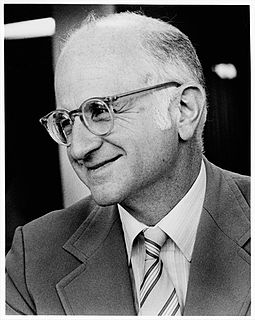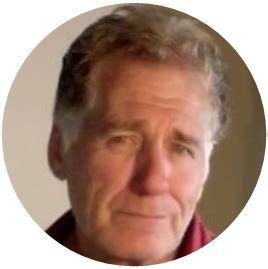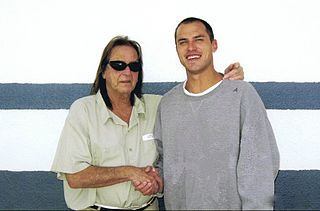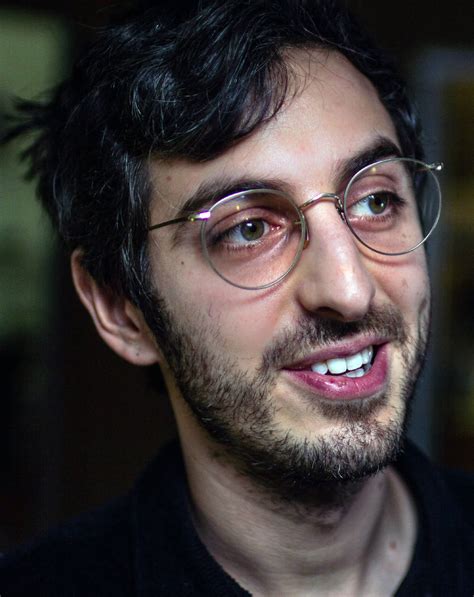A Quote by William F. Buckley, Jr.
Those who suffer from the abuse of drugs have themselves to blame for it. This does not mean that society is absolved from active concern for their plight. It does mean that their plight is subordinate to the plight of those citizens who do not experiment with drugs but whose life, liberty, and property are substantially affected by the illegalization of the drugs sought after by the minority.
Related Quotes
Doctors are directly responsible for hooking millions of people on prescription drugs. They are also indirectly responsible for the plight of millions more who turn to illegal drugs because they were taught at an early age that drugs can cure anything - including psychological and emotional conditions - that ails them.
That's what I hate about the war on drugs. All day long we see those commercials: "Here's your brain, here's your brain on drugs", "Just Say No", "Why do you think they call it dope?" … And then the next commercial is [singing] "This Bud's for yooouuuu." C'mon, everybody, let's be hypocritical bastards. It's okay to drink your drug. We meant those other drugs. Those untaxed drugs. Those are the ones that are bad for you.
Most drugs sold in the U.S. are produced outside of the country, and if we can ensure supply-chain safety for these drugs, introducing more of them to the market quicker could mean major differences in the price of drugs, quality of life for patients, and for some Americans the difference between life and death.
It does say something about a society when those who sue physicians and hospitals make as much or more money than those who heal disease. It says something about a society when it glorifies and rewards those who litigate while it demonizes and punishes those who produce the drugs and devices that keep it citizens alive and well.
Drug use, some might say, is destroying this country. And we have laws against selling drugs, pushing drugs, using drugs, importing drugs. And the laws are good because we know what happens to people in societies and neighborhoods which become consumed by them. And so if people are violating the law by doing drugs, they ought to be accused and they ought to be
convicted and they ought to be sent up.
Simply because you take drugs does not mean you are an expert on them. In fact, there seems to be an inverse relationship between drug consumption and drug knowledge: more of the former results in less of the latter. If that seems obvious, you have probably gone easy on the former, though this relationship only applies to curious people who are seriously interested in drugs.
































